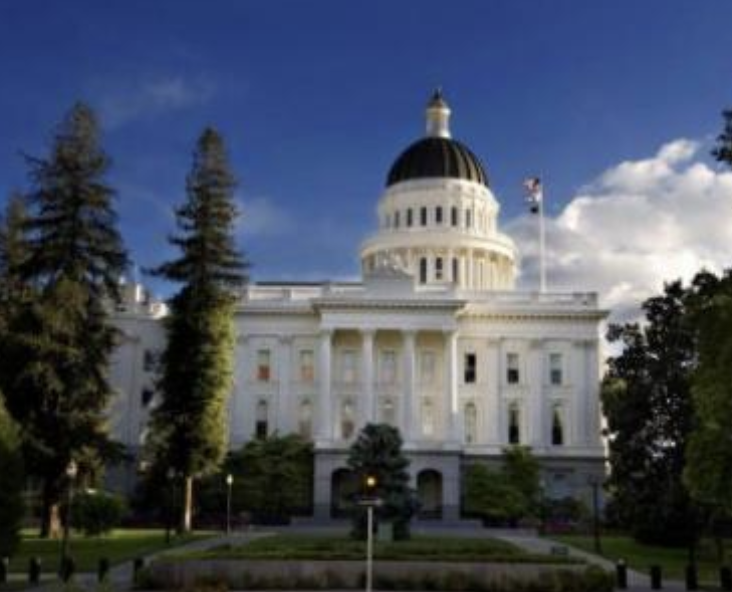A key policy committee has approved a measure to designate California Native American Day as a paid holiday for state employees. The Assembly Committee on Governmental Organization passed AB 989, introduced by Assemblymember James C. Ramos (D-San Bernardino), with a unanimous 20-0 vote. The bill now moves to the Committee on Public Employment and Retirement for further consideration.

Ramos, a member of the Serrano/Cahuilla tribe, made history as the first Native American lawmaker elected in California’s nearly 175-year history. He has been advocating for official recognition of California Native American Day since 1998.
Background on California Native American Day
The observance of Native American Day in California dates back to 1939, when Governor Culbert Olson proclaimed October 1st as “Indian Day.” In 1968, Governor Ronald Reagan established American Indian Day, designating its observance on the fourth Friday of September. Thirty years later, in 1998, the state legislature passed AB 1953 (Baca), renaming the holiday Native American Day and encouraging public schools to educate students on Native American contributions. In 2011, Governor Edmund G. Brown Jr. issued a proclamation recognizing the significance of the day.
Since the passage of AB 1973 (R. Hernández) in 2014, California has officially observed Native American Day as a state holiday. However, it does not currently grant paid leave to state employees.
Ramos' Continued Advocacy
Reflecting on his long-standing efforts, Ramos said, “I was a San Manuel council member when I first began working toward this goal with then-Assemblymember Joe Baca Sr. This is another step forward in recognizing and promoting awareness of the history, culture, and contributions of California’s Native Americans.”
In 2021, Ramos successfully authored AB 855, which established Native American Day as a paid judicial holiday. However, that legislation did not extend to other state employees due to statutory differences.
“California Native American history is California history,” Ramos emphasized. “An unpaid holiday is an insufficient acknowledgment of the First People of California and their millennia-long presence, legacy, and stewardship of this land.”
Support for AB 989
The bill has garnered support from numerous Native American organizations, including:
-
Blue Lake Rancheria Tribe of California
-
California Consortium for Urban Indian Health
-
Chalon Indian Nation of California
-
Elk Valley Rancheria, California
-
Iipay Nation of Santa Ysabel
-
Indigenous Justice
-
Mongo Band of Mission Indians
-
Native Development Network
If passed, AB 989 will mark a significant milestone in recognizing and honoring the contributions of Native Americans in California’s history and future.
More Stories Like This
Native News Weekly (August 25, 2024): D.C. BriefsNavajo Nation Mourns the Passing of Former Vice President Rex Lee Jim
Deb Haaland Earns Endorsement From Communications Workers of America Local 7076
University Soccer Standout Leads by Example
Two Native Americans Named to Democratic Congressional Campaign Committee's“Red to Blue” Program
Help us defend tribal sovereignty.
At Native News Online, our mission is rooted in telling the stories that strengthen sovereignty and uplift Indigenous voices — not just at year’s end, but every single day.
Because of your generosity last year, we were able to keep our reporters on the ground in tribal communities, at national gatherings and in the halls of Congress — covering the issues that matter most to Indian Country: sovereignty, culture, education, health and economic opportunity.
That support sustained us through a tough year in 2025. Now, as we look to the year ahead, we need your help right now to ensure warrior journalism remains strong — reporting that defends tribal sovereignty, amplifies Native truth, and holds power accountable.
 The stakes couldn't be higher. Your support keeps Native voices heard, Native stories told and Native sovereignty defended.
The stakes couldn't be higher. Your support keeps Native voices heard, Native stories told and Native sovereignty defended.
Stand with Warrior Journalism today.
Levi Rickert (Potawatomi), Editor & Publisher

